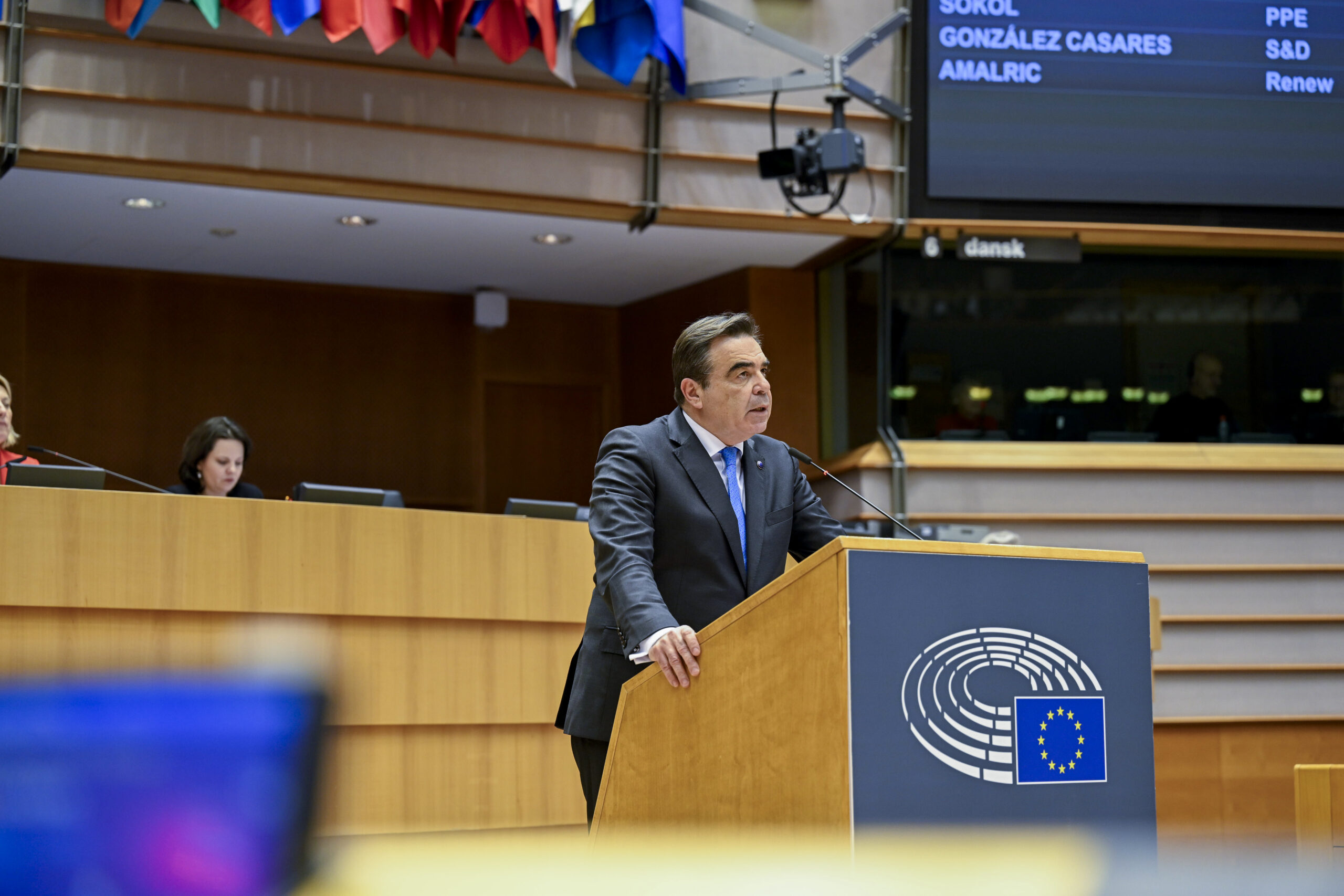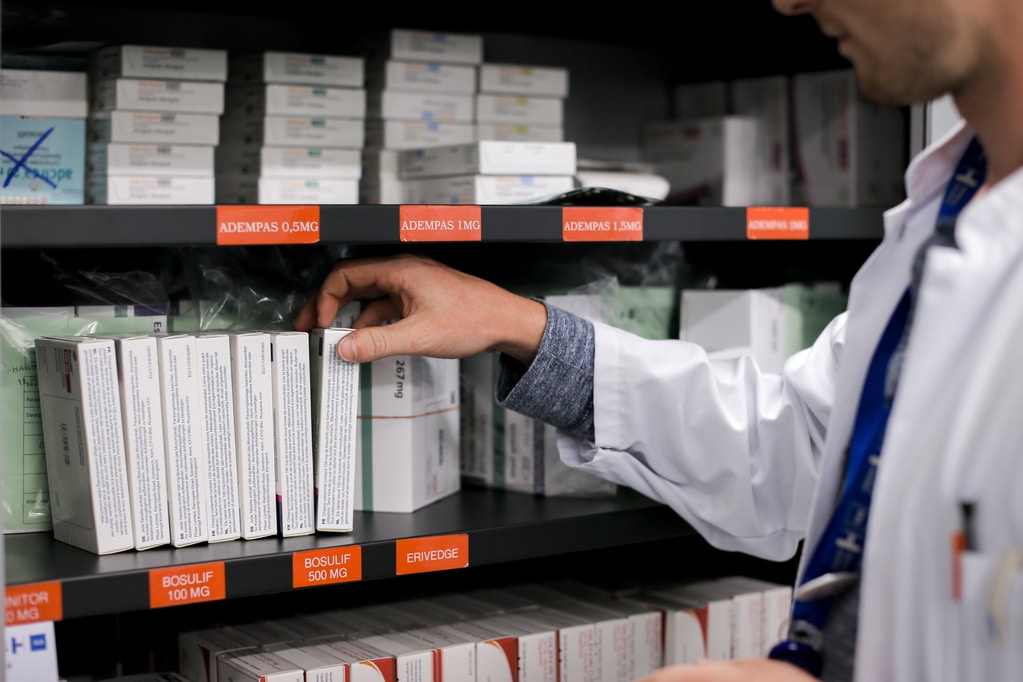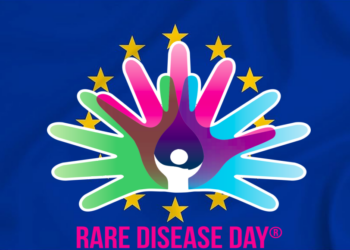Brussels – There may soon be an end to a Europe in which drugs, particularly antibiotics and for oncology, are increasingly scarce and expensive and in which small pharmaceutical industries are sidelined by a patent system that benefits Big Pharma. The European Commission’s proposal to overhaul the EU’s pharmaceutical legislation is moving forward: today (April 10), the EU Parliament said yes to regulations to promote innovation and improve security of supply and affordability of medicines.
The set of legislation put on the table by the von der Leyen executive in April 2023 consists of a new directive (adopted by MEPs by 495 votes to 57 with 45 abstentions) and a regulation (adopted by 488 votes to 67 with 34 abstentions) European Commission Vice-President Margaritis Schinas told the chamber that “the goal has always been to ensure fair and timely access to medicines for all European citizens while promoting innovation and competitiveness for our industry.” Two goals that, “contrary to certain arguments,” are, according to Schinas, “both compatible and feasible.”
Under the new regulations, a major blow would be dealt to the ivory tower of big pharma over data protection: the industry giants, through even tiny changes in drug composition, can easily stretch patent exclusivity beyond their legally established limit. First, the reform would involve reducing the period during which competing companies cannot access information about molecules contained in patented drugs from the current ten years to seven and a half years, with some possible exemptions in special cases.

In addition to ensuring “wider access to medicines through incentives to reward innovation and supply,” the reform’s priority is to ensure “the rapid availability of low-cost biosimilar and generic medicines.” To make big companies swallow the bitter pill, the commission plans, at the same time, to “simplify and speed up procedures” for the authorization of new medicines “so that the EU pharmaceutical industry remains globally competitive.”
Regarding research and development of new antimicrobials, MEPs want to introduce rewards for market entry and reward systems for interim payments, for example, by providing financial support at an early stage when specific research and development targets are met before market approval. A subscription model would complement these through voluntary joint procurement agreements to encourage investment in antimicrobials.
According to European Commission forecasts, the reform of pharmaceutical legislation will ensure that “new medicines will reach 70 million more citizens in the Union,” especially in more remote regions and less wealthy countries. “To date,” Schinas recalled, “waiting times for access to new medicines vary from a few months up to two years” in the 27 member states. Expanding the range of available medicines should reduce expenses that burden national health services and citizens’ pockets. However, the savings, the EU Commission Vice President is convinced, would also affect the industry, which will be able to cut “€500 million to 1 billion” in expenses “over the next 15 years.”







